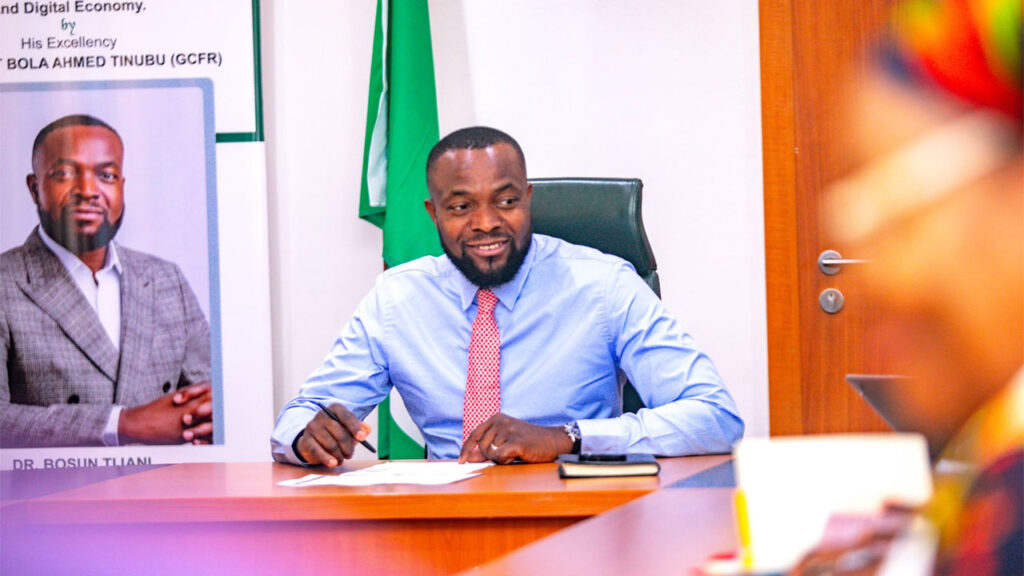
With the potential to leapfrog Africa’s economic growth if properly implemented, experts in the Human Resource (HR) value chain have charted how the African Continental Free Trade Area (AfCFTA) could be explored to grow local talents and make Africa stand tall as a global hub.
They said that Africa having a competitive advantage embedded with growth opportunities, having the right leadership, and investing heavily in talents could equip the continent to sustain the global economy.
At a programme organised by Mondelēz International, located in South Africa, a sister company to Cadbury Nigeria, in conjunction with Top Employers’ Institute, yesterday, the panelists, spoke on the theme: “Is Africa the Talent Hub of the World?” where they analysed discussions on the future of the region’s talent pool.
Giving statistics of Africa with a growing population of about 1.3 billion youths that are ready to work with enthusiasm and desire, coupled with a high unemployment rate of 6.8 per cent, as well as 60 per cent of young African talents that had emigrated to Canada to seek greener pastures, they called for purposeful leadership and investment in talents, stating that the challenges of funding and lack of infrastructure development were hindering their progress.
People Lead, sub-Saharan Africa, Mondelēz International, Cebile Xulu, who emphasised the growth opportunities in Africa, bemoaned the lack of willingness by leaders and some organisations to invest in talents.
She said most companies bring in external talents, who are expatriates from different parts of the world to grow their firms.
Xulu said there was the need to diversify and grow local talents for Africa to also stand tall and be competitive.
According to her, talent is a free way to connect to the world.
On the mass exodus of Nigerian talents overseas, HR Auditor, Top Employers Institute, Sandra Botha, said Nigeria was losing professionals, including sales experts, who could put their productive impacts into the economy.
She said the government, private sector and all critical stakeholders, including educational institutions needed to rise, as they all have roles to play to address the challenges.
She advised that the African continent should be ready to share talents among countries and be willing to explore, adding that what keeps talent is leadership to create people’s experience.
Head of Human Resources, Accenture, Africa, Keshnie Martin, said organisations must upskill their employees for the next job, stating that many job seekers have their certificates and degrees but are not employable.
She said it was pertinent that organisations made sure they have the relevant skills, adding that when the employees’ progress, they automatically progress too.












